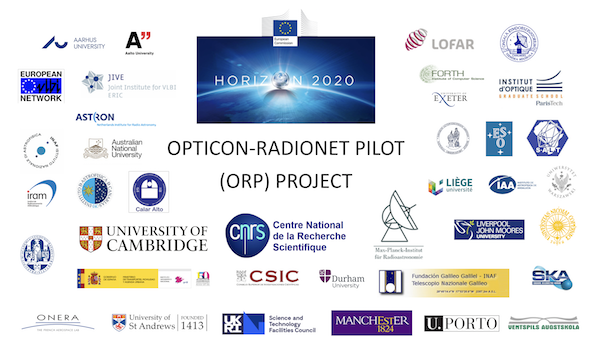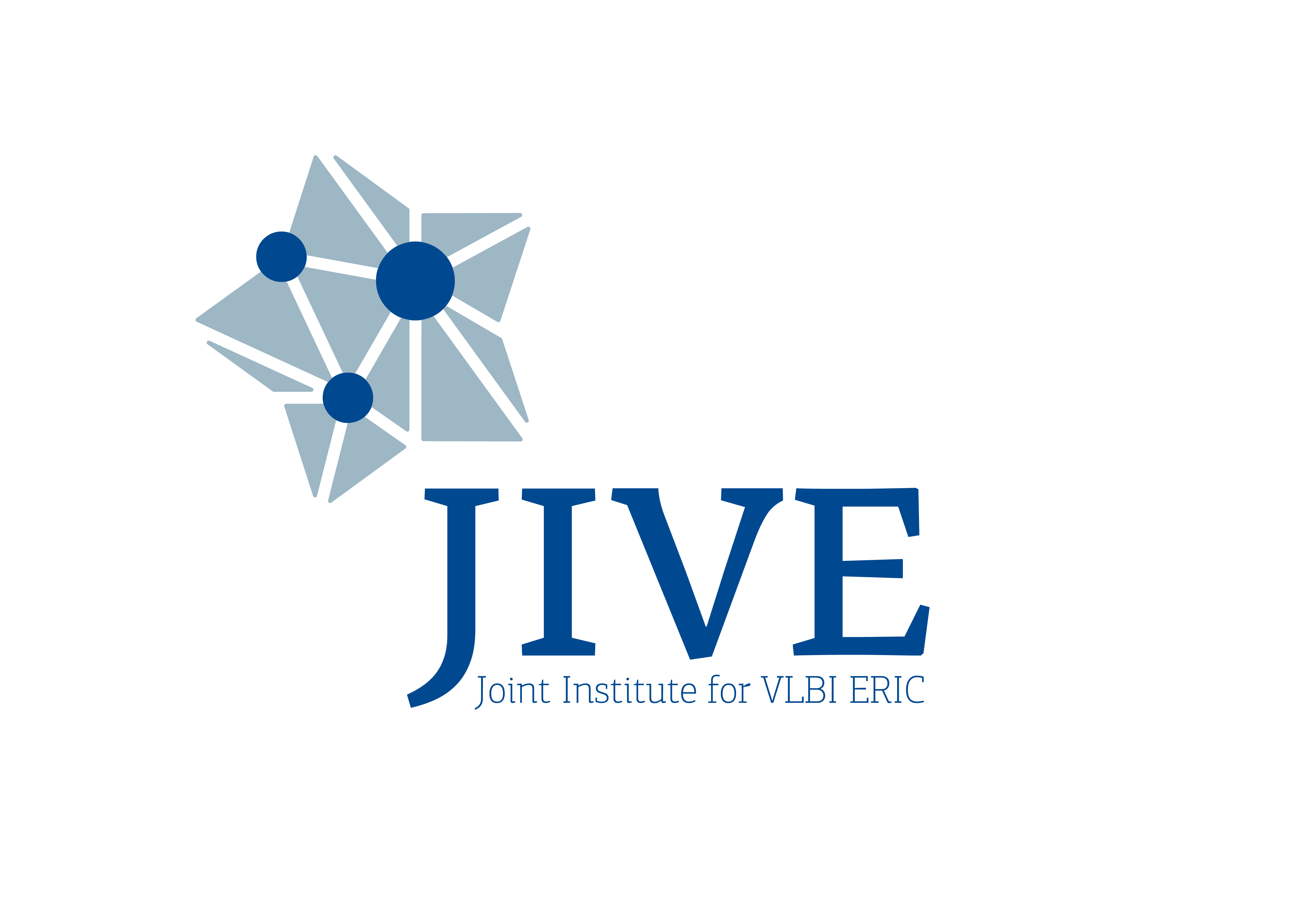
The European astronomy community has been granted 15 M€ to improve how radio and optical telescopes across the continent work together, enabling the fastest-growing type of astronomy - including as many wavelengths as possible in a single study - and in doing so hopefully yield more discoveries.
This network, the OPTICON-RadioNet PILOT (ORP), brings together experts from the ground-based astronomy community to support improved access to a wider range of facilities, while developing appropriate tools. Astronomers from 15 European countries, Australia and South Africa and 37 institutions have joined the ORP consortium, funded by the EU H2020 programme.
Searching the skies
Collaborators hope that the joined-up approach to facility access across Europe will improve rapid response capabilities when searching for an astronomical phenomenon, support and training for new users, and specific developments to improve the capabilities of facilities. As our knowledge of the Universe becomes more advanced, astronomers need a range of different techniques to be able to understand different celestial events as they unfold.
Multi-messenger astronomy, as it is called, spanning many wavelengths, and beyond to gravitational waves, cosmic rays, and neutrinos, and highly variable and transient sources, is making dramatic advances. Reducing barriers between communities will facilitate its development and enable new discoveries. This EC-funded new partnership of the optical-infrared and radio astronomy communities, centred in Europe but spanning the world, is a valuable step towards that future, allowing more and better science by and for everyone.
A common goal
The ORP will build on the success of the OPTICON Telescopes network for medium size telescopes, and the RadioNet network for radio facilities, in fostering well-connected communities and delivering cutting edge hardware and software.
Each partner will provide access to a telescope, or bring a vital work package to the collaboration, focusing on a specific task such as developing ways to automatically trigger observing modes to capture split-second events from multiple telescopes, or to create a common framework for data access and processing.
The European VLBI Network (EVN) is an open-skies facility for high spatial resolution radio astronomy, access is granted based only on scientific merit and technical feasibility of the proposals. Users of the EVN are supported by scientists at the Joint Institute for VLBI ERIC (JIVE), with resources contributed by the EVN and complemented by the RadioNet EC projects. The ORP offers the possibility to intensify and evolve such support, facilitating access to non-VLBI experts and therefore promoting the multi-messenger approach to astronomical problems. JIVE will also participate in the study of alternative funding mechanisms, the development of tools for rapid/automatic response of the EVN to the transient Universe, and communications to make visible the ORP goals, partners and results.
The ORP project will start on March 1st, 2021.
ORP has received funding from the European Union’s Horizon 2020 research and innovation programme under grant agreement No 101004719.
